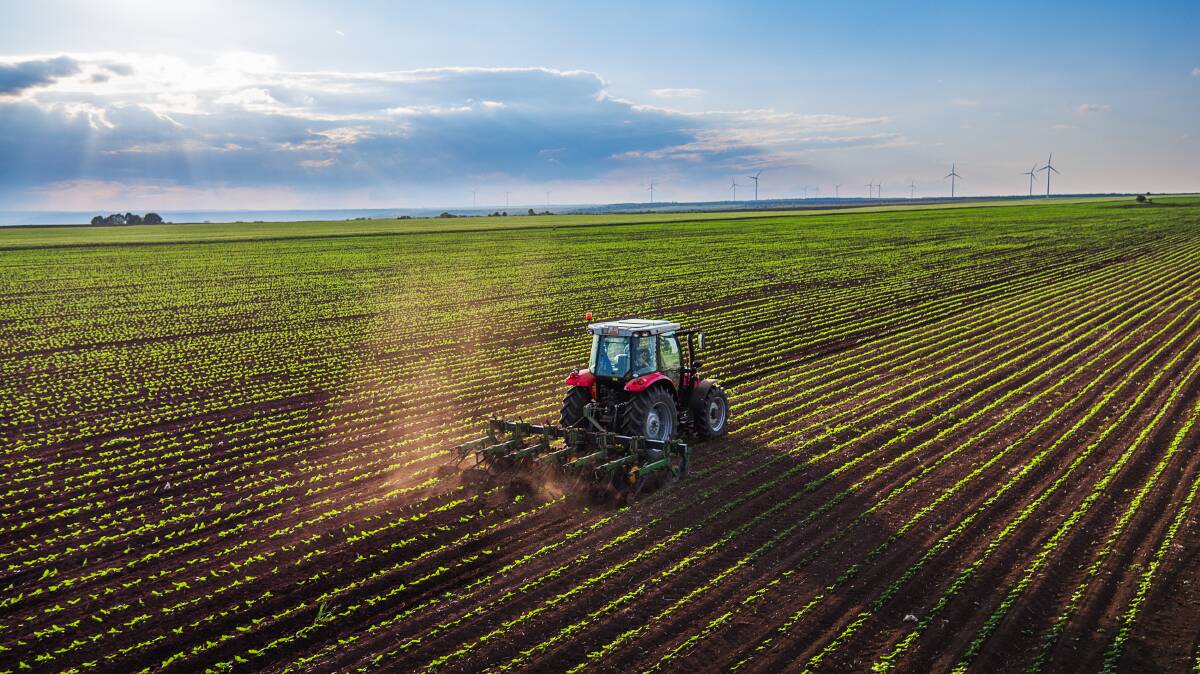
Ever get the feeling that politicians are just saying whatever they (or their advisors) think is necessary to get re-elected?
For instance, in one campaign electric vehicles would mean an end to the weekend, and the next the tech has somehow moved so far that this statement is no longer true. The reality for that one is, the only thing that's changed is the realisation that implementing renewable energy technology on an adequate scale to replace fossil fuels requires an obscene amount of mining to be done to pull the needed metals and minerals out from under farmland and forests.
Meanwhile, Australia still burns over 30 billion litres of diesel per year (and approximately half that across the various grades of petrol), and that could easily prove to be a major problem in the very near future.
Fuel security still remains a major concern. Currently, Australia exports most of the crude it extracts, and imports the majority (somewhere around 90 per cent) of the refined product that is used here.
Refining crude on-shore managed to become too expensive (if something imported is cheap, you should always question how it is they are able to do that), so the last two refineries we have only remain open due to the announcement by the PM's office in May 2021 of "a variable Fuel Security Service Payment (FSSP) to the refineries, funded by the [federal] government," the statement said.
"The variable FSSP has been costed up to AUD$2.047 billion to 2030 in a worst-case scenario."
The federal government also continue to provide funding to monitor the FSSP, upgrade the facilities, and improve fuel quality. $50 million here, $300 million there.
On the one hand, it's corporate welfare. Oil companies are among, if not the most profitable entities in the world.
On the other hand, it appears our elected officials (or their advisors) couldn't come up with any other strategies like, say, mandating that each brand produce a certain quantity (or percentage) of fuel here in order to be allowed to import more refined product. Or putting an import tariff on imported product to protect local production, as many governments have done for all sorts of manufactured goods in the past. Or doing anything meaningful to support an adequate volume of domestic biofuel production.
Surely if we can afford to throw public money at the problem by subsidising crude oil refineries, and forfeiting up to $3 billion more in uncollected fuel excise for six months (encouraging demand at a time when we should be discouraging it), then surely we can also (or instead) afford some proper measures to reduce the total amount of fossil fuels needed. Even the oil-lovin' USA has in 2022 mandated a bit more biofuel be used in their gasoline (petrol) mixture.
In terms of capacity, even if these two plants were to run flat out they could only provide around a quarter of our current demand for refined products.
The security issue is worse than that though. We are supposed to have nearly three months (90 days) worth of supply in storage, at least as crude but ideally in refined form (given the limited production capacity).
It depends on which usage figures you use for your calculation as to exactly how many days of petrol and diesel we have stored here, but for both it's around three weeks.
If you're starting to think to yourself, it'll just be similar to lockdown where we all stay home, you're failing to appreciate just how completely reliant food production, and distribution, is on diesel engines.
As for why the actual security of this fuel supply matters, it remains a colossal strategic weakness. For all the talk of a stronger defence force, if it, and everything else we want to do here, is unable to use the types of energy they have made themselves reliant upon, then everything we need would be crippled within days.
A big portion of the refined product we import comes through shipping lanes in the South China Sea where tensions continue to escalate. In fact, the USA spent much more of their time and resources in recent years being worried about that than about Russia's war on Ukraine (which as far as Ukraine is concerned, started in 2014).

